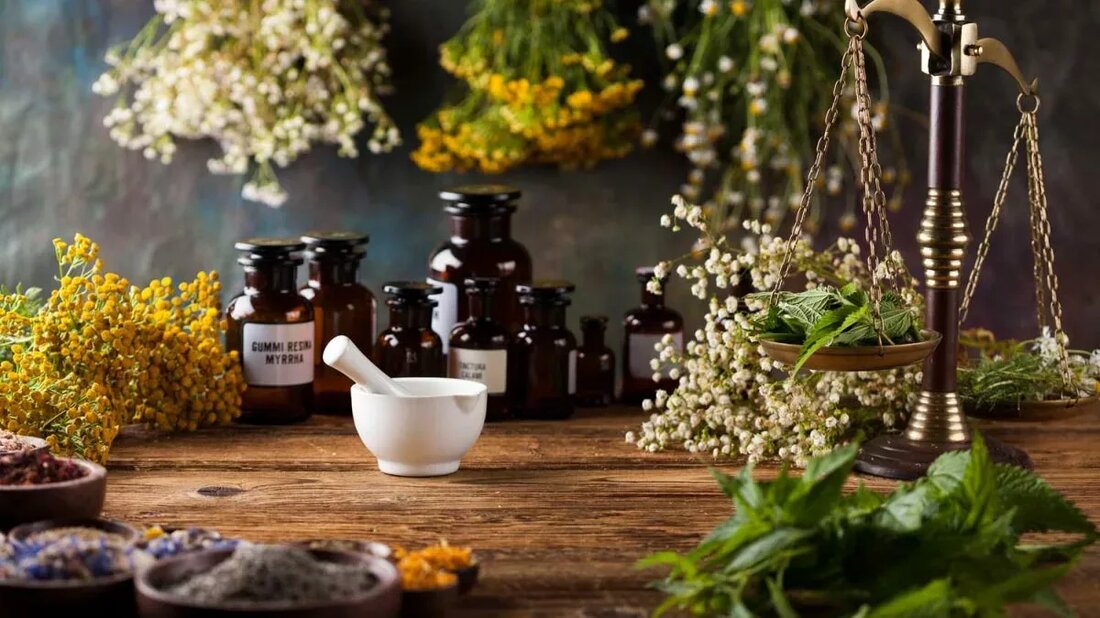5 things menopausal women need to consider before drinking their next glass of wine
We've all done it. You've had a busy day and all you can think about is relaxing at home with a good glass of wine. But as we get older, that glass of wine can have unexpected consequences. This is especially true if you are a postmenopausal woman. Here are 5 things to think about before reaching for that glass of wine. As we age, women's bodies become less tolerant of alcohol. Women generally don't handle alcohol as well as men. We have less alcohol dehydrogenase, an enzyme that metabolizes alcohol in the stomach. …

5 things menopausal women need to consider before drinking their next glass of wine
We've all done it. You've had a busy day and all you can think about is relaxing at home with a good glass of wine. But as we get older, that glass of wine can have unexpected consequences. This is especially true if you are a postmenopausal woman. Here are 5 things to think about before reaching for that glass of wine.
-
As we age, women's bodies become less tolerant of alcohol. Women generally don't handle alcohol as well as men. We have less alcohol dehydrogenase, an enzyme that metabolizes alcohol in the stomach. Additionally, as we age, our bodies tend to lose water volume, which increases the effects of alcohol on our bodies.
-
Alcohol causes weight gain. Menopausal women tend to have a slower metabolism. Added to this is the fact that alcohol is high in calories. The two create a perfect recipe for weight gain in menopausal women.
-
Alcohol consumption is linked to an increased risk of diseases and disorders such as breast cancer, heart disease and bone mass loss. All diseases for which older postmenopausal women without alcohol are at increased risk.
-
Sleep problems – Menopause can cause women to have trouble sleeping. Do you ever wake up at 3 a.m. and can't go back to sleep for an hour? While a good glass of wine can initially relax you and make you sleepy. Alcohol can act as a stimulant later, increasing your chances of waking up.
-
Hot flashes – the jury is still out. Studies have shown that postmenopausal women experienced hot flashes triggered by drinking wine. It could be because alcohol acts as a vasodilator, opening blood vessels for increased blood flow. However, other studies from 2007 showed exactly the opposite. Perimenopausal women who drank alcohol had a lower risk of developing hot flashes than women who didn't drink.
So is it time to give up the glass of wine? Maybe not. If you want to drink, drink in moderation. Current guidelines recommend 7 glasses of wine per week, or one glass per day may be fine. One small caveat, however, is that a glass of wine is considered 5 ounces. Your wine glass can hold more than that, so be aware of that. Consider using smaller glasses or reducing the amount of wine in your glass by a few ounces.
If you drink wine, consider red wines. Red wines are rich in antioxidants and help fight inflammation and blood clotting.
Finally, look for alternatives to wines like spritzers that have a lower alcohol content.

 Suche
Suche
 Mein Konto
Mein Konto
